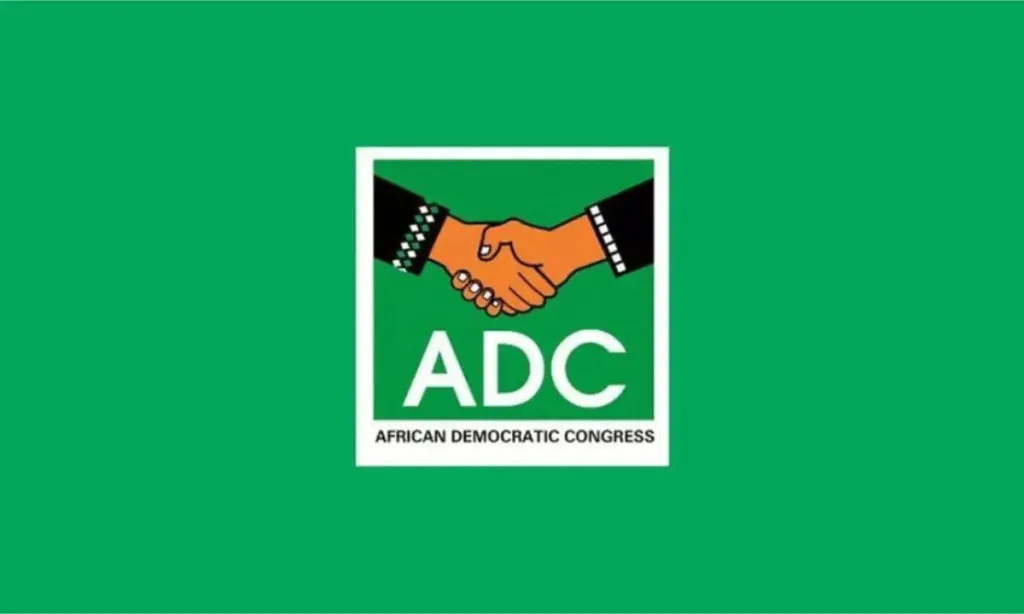A former Nigerian lawmaker, Danji Usman, has switched political allegiances ahead of the 2026/2027 elections, abandoning the ruling All Progressives Congress (APC) for the opposition African Democratic Congress (ADC). Usman, who previously represented the Wukari/Ibi Federal Constituency in Taraba State, announced his defection in a statement distributed to journalists in Jalingo, the state capital, on Saturday.
The politician framed the move as a strategic step to advance his electoral ambitions and align with a platform he claims prioritizes public welfare. “This decision emerged after meticulous deliberation and consultations,” Usman said, characterizing the ADC as a credible avenue to champion policies addressing poverty, governance challenges, and community needs in Taraba. He accused the APC-led administration of fostering “bad governance” and emphasized a collective resolve to “rescue” citizens from its effects.
Usman extended gratitude to supporters in Southern Taraba, other parts of the state, and abroad for their loyalty following his APC exit. Their backing, he argued, reflects shared frustration with current leadership and a demand for transformative politics. “Let us unite to uplift marginalized communities and deliver tangible progress through the ADC,” he declared, urging sympathizers to mobilize behind his campaign.
While the statement avoided direct criticism of specific APC leaders, it underscored broader discontent within Nigeria’s political landscape, where defections ahead of election cycles are commonplace. Analysts note that Usman’s pivot signals a calculated bet on the ADC’s growing influence in Taraba, a state grappling with economic strain and security challenges.
The former lawmaker reaffirmed his focus on a “people-first agenda,” though specifics of his policy priorities remain unclear. His appeal hinges on rallying grassroots networks ahead of what he termed a “new political direction.” The ADC, which holds limited national seats, has actively courted dissenters from major parties, positioning itself as an alternative for reform-minded candidates.
Usman’s defection highlights shifting alliances in Nigeria’s fluid multi-party system, where local grievances often drive realignments. As electoral contests draw nearer, observers anticipate further migrations of politicians seeking platforms to amplify their voices—or salvage waning relevance.
